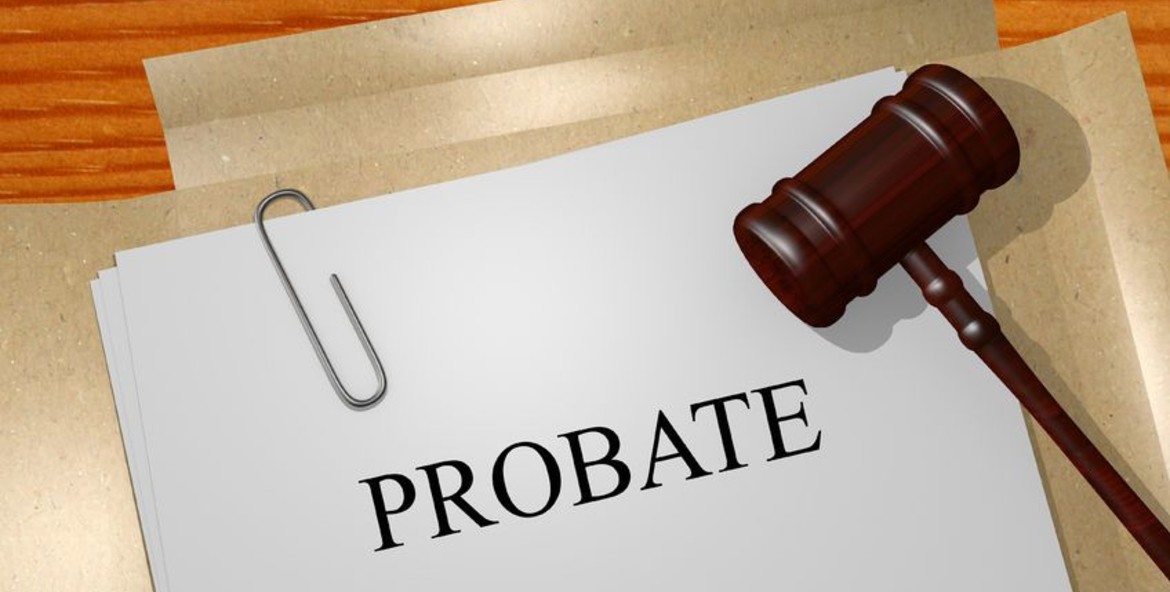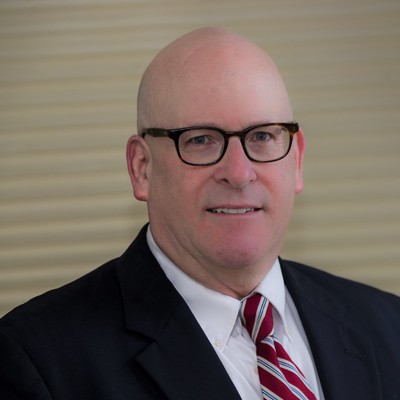Probate Law in Wethersfield, CT

We help our clients during the difficult time after a loved one passes. Both Attorney Steinberg and Attorney Cathcart have 35 years of experience guiding our clients through the probate process.
We assist the executor who is named in the will in handling the affairs of a loved one who died. We ease the burden on our clients and compassionately help them through the process.
- Submitting the will to Probate Court.
- Discovery of assets.
- Submitting documentation to the Probate Court
- Paying all taxes and debts.
- Distributions to heirs.
Should I avoid probate?
Avoiding the Probate Court is not always be desirable. Probate fees in Connecticut are very modest. The Probate Court provides protections and oversight. Avoiding probate should be balanced against the cost of creating and administering a “living trust”, which has no oversight protection from the Probate Court. It has been our experience that “living trust” attorneys spend large sums of money marketing the public to create, in some instances, unnecessarily complex and expensive estate plans. These estate plans enrich the attorneys, but do not necessarily benefit the client.
What is the Probate Court process?
When someone dies, the probate court supervises distribution of the person’s property, payment of any outstanding debts, funeral expenses and taxes, regardless of whether the person left a will or not.
If there is a will, it is the fiduciary’s responsibility to see that the terms of the will are carried out. The Courts hold fiduciaries liable for the decisions they make.
If there’s no will – referred to as “dying intestate” – the probate court appoints an administrator – usually the surviving spouse, a family member or a creditor – to pay the expenses and claims of the estate and distribute its assets according to state laws. The court doesn’t allow for guessing who the deceased person “would’ve wanted” to inherit their money.
It is the fiduciary’s responsibility to oversee the following probate process:
- If there is a will, it must be filed with the probate court within 30 days of the person’s death – along with any amendments to the will (“codicils”), an application for administration, the names and addresses of the deceased person’s (“decedent’s”) immediate family members, as well as all beneficiaries named in the will. The court decides whether or not the will is valid. If anyone wants to challenge the will, or the court deems it necessary, a formal hearing is held. Once the court determines the will is valid, the fiduciary is officially appointed.
If someone dies without a will, by law, all assets will be distributed to the decedent’s heirs – “next of kin” immediate family members. - Secure, collect and control all estate assets – by placing or transferring them into an account in the estate’s name, and closing any accounts that won’t be used. Real estate – and the insurance on the property – must be secured. Investments must be prudently managed, since the fiduciary is personally liable for any loss that takes place during this process.
- File a notice for land records with the town clerk – if the decedent was sole owner of any real estate in Connecticut. The fiduciary is responsible for proper maintenance of the property to prevent any damage.
- Itemize and appraise an inventory of all assets – including their respective fair market values on the date of the decedent’s death. Any mortgages owed should be included on the list.
- Prepare to pay all estate debts and expenses – including funeral and burial, taxes and other claims. The fiduciary should estimate these costs in advance. Surviving dependents may apply to the court for an allowance and to keep a decedent-owned family vehicle. If the estate does not have enough cash to pay out all of these expenses, the fiduciary will have to liquidate assets.
- Notify all possible creditors to file their claims against the estate. Within 14 days after the probate process begins, the court publishes a notice in the local newspaper, instructing any credit
What are my responsibilities if I have a decedent’s original Will?
A person in possession of a decedent’s Will must deliver it to the Probate Court within 30 days after the decedent’s death. However, if the decedent left no assets, or the assets are less than $40,000.00 in his or her name that would pass under the Will, there are simplified procedures.
What if I don’t know what the assets are?
There is a process by which an “Estate Examiner” can be appointed by the Probate Court. However, it is our experience that most records can be found by inspecting the papers of the decedent and by carefully watching the mail of the Decedent. It is a good idea for the Fiduciary to file a “change of address” with the post office to have the decedent’s mail forwarded to the Fiduciary.
What if a Will is in a safe deposit box?
If the decedent’s Will is in a safe deposit box, the Probate Court must issue an order authorizing a family member or other person to gain access to the safe deposit box.
Common questions about Probate
If I die without a Will, will the state take my assets?
No. What will happen is state law will tell you how your assets are distributed. This is called the law of intestacy. The problem with the laws of intestacy is you may end up with your assets going to someone you do not want assets to go to. A will allows you to determine exactly who your beneficiaries are.
If I die without a will, who decides who will raise my children?
The Probate Court will generally find a relative to raise your children. The problem is whether that relative is acceptable to you. A will allows you to decide who will raise your children.
If my estate goes through probate, will the assets be “tied up?
Assets are not unreasonably held up in probate court. Things can be bought and sold and oftentimes preliminary disbursements can be made to beneficiaries.
Are Probate fees unreasonably high?
Probate fees in Connecticut are not unreasonable. For example, the probate fee for an estate worth $250,000.00 is $990.00.





